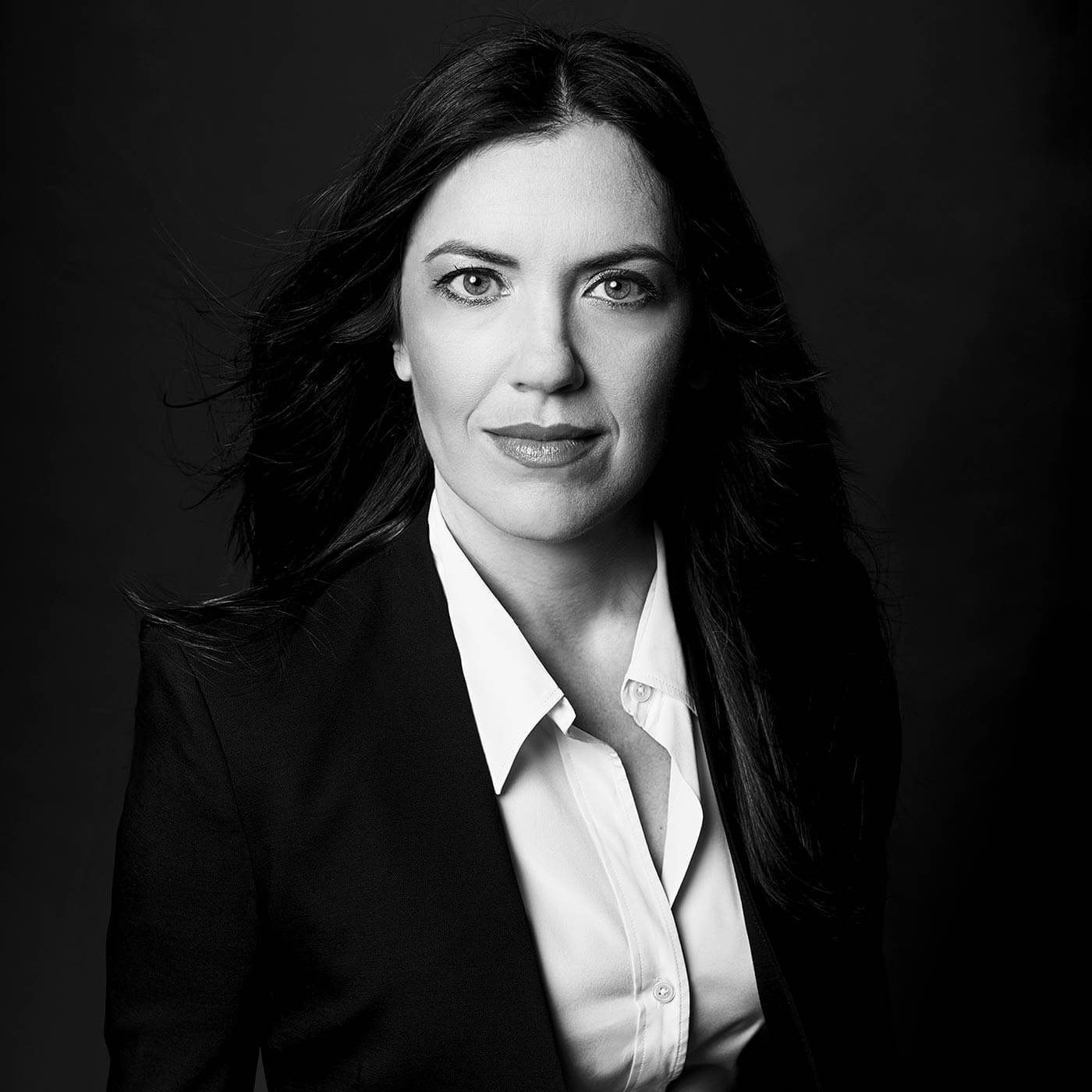Michele Rigby Assad (@michelerigassad) is an international security consultant, trainer, and author of the book Breaking Cover: My Secret Life in the CIA and What it Taught Me About What’s Worth Fighting For.
The Cheat Sheet:
- Is working undercover for the CIA as exciting as it looks in the movies?
- How does an isolated Florida girl grow up to be a CIA operative in the Arab world?
- What goes into gathering intelligence from terrorist sources, and what motivates them to cooperate with the CIA?
- How did Michele overcome a strong case of Imposter Syndrome while working at the CIA?
- What does it mean to “get off the X,” and why is it important to understand even if you think you’ll never be ambushed?
- And so much more…
[aoc-subscribe]
Most of us deal with Imposter Syndrome at some point in our lives — that feeling we’ll be uncovered as a fraud for being unworthy of what we’ve worked hard to achieve. But most of us don’t work undercover for the CIA. (Or do we?)
Michele Rigby Assad, author of Breaking Cover: My Secret Life in the CIA and What It Taught Me about What’s Worth Fighting For, tells us how she got over Imposter Syndrome while working for the CIA and how an isolated farm girl from Florida grew up to get involved in such work in the first place. Listen, learn, and enjoy!
Please Scroll down for Full Show Notes and Featured Resources!
More About This Show
Michele Rigby Assad, author of Breaking Cover: My Secret Life in the CIA and What It Taught Me about What’s Worth Fighting For, worked 10 years undercover along with her husband — an unusual assignment, but it made sense to the agency because they were both Arab specialists and “they essentially got a two for one deal,” says Michele.
What’s the difference between real CIA work and reel CIA work?
“The reality is that you could literally spend weeks trying to prepare for an operation that only takes maybe two or three hours. Very similar to law enforcement, where police spend a lot of time just typing up police reports, the life of an intelligence officer is just small spurts of really interesting stuff and then long periods of time — so many hours in front of the computer doing research or preparing for that operation. So most of it’s not as sexy as you think of it in your brain.”
“What might be three hours actually feels like 30 seconds. Because you’re debriefing that source. You’re looking for counterintelligence red flags. You’re trying to establish a really strong level of rapport — also collecting every last detail you need to write this intelligence report and get this information to DOD or policy makers. So you’re doing so much in those sessions. You’re processing large amounts of information. It takes a really strong intellect and a lot of emotional intelligence to do that job well.”
It’s a life that’s got more in common with a trip to the library than a James Bond movie, though it’s important to keep in mind that Michele’s idea of “low key” may be at odds with what most of us think of as low key.
“When you’re in a war zone like Iraq or Afghanistan, that tends to be your life: explosions and rockets being launched at you. You’re sitting at your very exciting desk trying to do research and then you’re dodging rockets.”
Did living in a constant state of readiness and its associated stress have an impact on Michele’s physical and emotional health?
“It takes a physical toll on you because you’re exhausted…you hear these things all night long, so you’re never fully and completely asleep. So there’s the physical aspect of it, and then there’s the emotional, spiritual aspect to where you realize with each car bomb explosion that rocks your little pod that you’re living in, you just realized all these people died. You’re kind of bombarded with so much negativity for that year that you spend working in the war zone. For sure it does take its toll.”
Listen to this episode in its entirety to learn more about how a woman from rural Florida connects with militant jihadists who don’t tend to see women as equals, what turned out to be Michele’s best asset for this kind of work, how Michele would talk herself down from being nervous before a debriefing, what ambush training is like and its most important lesson, and lots more.
THANKS, MICHELE RIGBY ASSAD!
If you enjoyed this session with Michele Rigby Assad, let her know by clicking on the link below and sending her a quick shout out at Twitter:
Click here to thank Michele Rigby Assad at Twitter!
Click here to let Jordan know about your number one takeaway from this episode!
Resources from This Episode:
- Michele Rigby Assad’s website
- Michele Rigby Assad at Facebook
- Michele Rigby Assad at Twitter
- Gavin de Becker | The Gift of Fear (Episode 579)
- Gavin de Becker | The Gift of Fear Pt. 2 (Episode 581)
- Jack Barsky | Deep Undercover Pt. 1 (Episode 633)
- Jack Barsky | Deep Undercover Pt. 2 (Episode 635)




